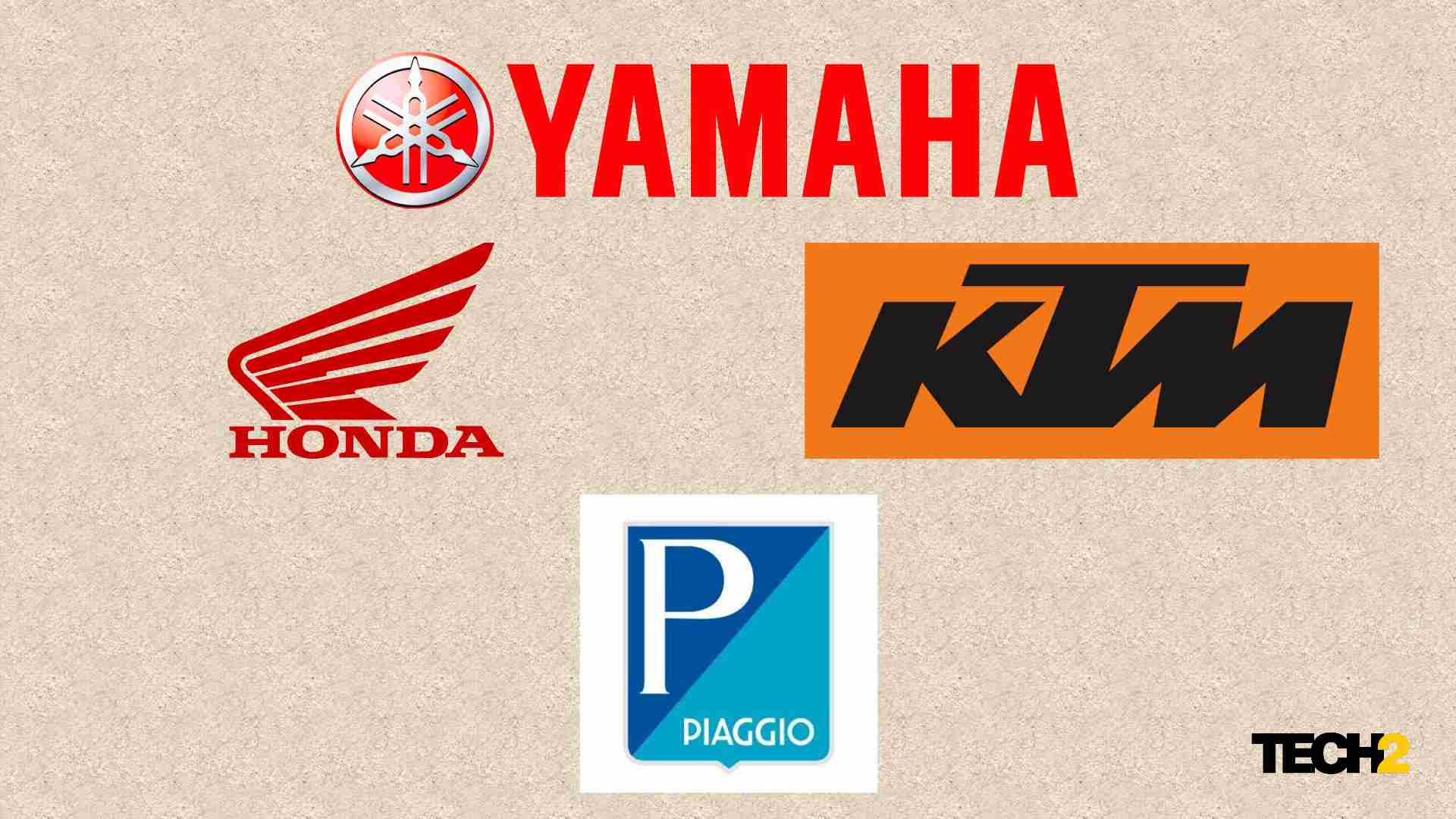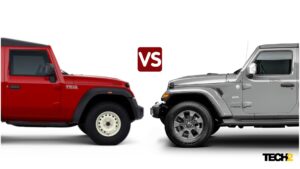tech2 News StaffMar 02, 2021 14:44:10 IST
In a move that will supercharge development and rollout of electric two- and three-wheelers globally, the Piaggio Group, KTM AG, Honda Motor Co., Ltd, and Yamaha Motor Co., Ltd, have come together to set up a Swappable Batteries Consortium for motorcycles and light electric vehicles. To speed up the transition to an electric future, KTM, Piaggio, Honda and Yamaha will work together on a standardised swappable battery system that will help promote global sales of EVs and contribute to a more sustainable lifecycle management of batteries.
The four manufacturers will also focus their energies on extending range, shortening charging times and lowering EV and infrastructure costs, which they believe are the main concerns about switching to electric vehicles for end users. At present, Piaggio offers an all-electric Vespa abroad, and KTM has a few electric trail bikes. Honda and Yamaha, meanwhile, have an electric scooter each in their range.
As a consortium, the manufacturers aim to define the standardised technical specifications of the swappable battery system for vehicles classified under the L-category, which includes mopeds/scooters, motorcycles, tricycles and quadricycles. The consortium will work with national, European and international standardization bodies to define international technical standards for such electric vehicles. The consortium will start its activities in May 2021.

KTM, Piaggio, Honda and Yamaha will work together on defining technical specifications for swappable batteries. Image: Tech2
A somewhat similar arrangement was witnessed in the four-wheeler space a few years ago, when leading carmakers came together to build ‘Ionity’, a high-power EV charging station network to facilitate long-distance travel across Europe.
Speaking on the letter of intent being signed, Michele Colaninno, Piaggio Group Chief of strategy and product, said, “With the signing of this letter of intent, the signatories show their proactiveness vis-à-vis the major concerns of their customers and the political priorities as regards the electrification of vehicles. An international standard for the swappable batteries system will make this technology efficient and at the disposal of the consumers. Finally, a strengthened cooperation among manufacturers and institutions will allow the industry to better respond to the main challenges of the future of mobility.”
Stefan Pierer, KTM AG CEO, said, “Sustainability is one of the key drivers to the future of mobility and electrification will play a major role in achieving this goal. For powered two-wheelers, the constraints of electric drivetrains regarding range, charging time and initial cost are still evident. To overcome these challenges and provide a better customer experience, a swappable battery system based on international technical standards will become a viable solution. Considering the entire lifecycle, a widespread application of batteries compliant with a common standard will support secondary use as well as circular economy. We are glad to be part of the Consortium as we strive towards our goals in the e-mobility sector.”
Executive Officer Takuya Kinoshita, Chief General Manager of Motorcycle Business Operations, Yamaha Motor Co., Ltd. said, “I believe the creation of this Consortium holds great significance not just for Europe but the world as we move towards establishing standards for swappable batteries for light electric vehicles. I’m confident that through work like this, the technical specs and standards that currently differ by regional characteristics or the state of the industry in different markets will be unified, and, in the future, will help lead towards maximizing the merits of electric power for customers on a global level.”
Noriaki Abe, Managing Officer, Motorcycle Operations at Honda Motor Co., Ltd. Said, “The worldwide electrification effort to reduce CO2 on a global scale is accelerating, especially in Europe. For the widespread adoption of electric motorcycles, problems such as travel distance and charging times need to be addressed, and swappable batteries are a promising solution. Considering customer convenience, standardization of swappable batteries and wide adoption of battery systems is vital, which is why the four member manufacturers agreed to form the Consortium. Honda views improving the customers’ usage environment as an area to explore cooperation with other manufacturers, while bringing better products and services to customers through competition. Honda will work hard on both fronts to be the ‘chosen’ manufacturer for customer mobility.”










